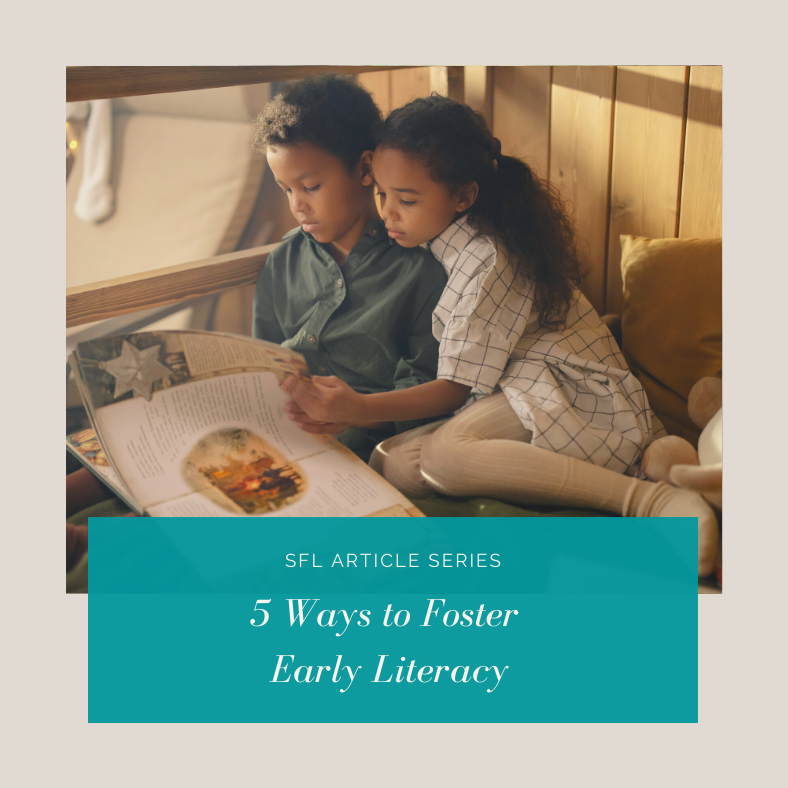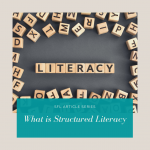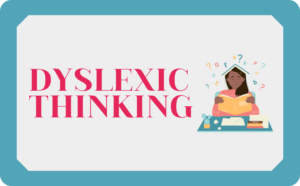No products in the cart.

Danielle Klan, M.A., Clinician at Strategies for Learning
Our children are constantly surrounded by and practicing early literacy and language development through their everyday lives. Below are some key components of these skills and how to foster our children as parents and caregivers in their development by looking at and understanding the foundational areas of reading.
- Phonemic Awareness– the idea of phonological awareness which includes the units of sounds. A person demonstrates phonemic awareness by identifying the sounds (phonemes) within a spoken word. For example the phonemes or sounds within the word “cat” can be broken into each sound within the word /c/ /a/ /t/. Encourage your child to clap syllables in their name, stretch out and say each letter sound within words while writing and isolate each sound they hear in spelling words.
- Phonics– understanding the letter/letter sound relationships between the alphabet symbols. Have your child sing the ABCs while pointing to the letters as they sing. Ask your child to identify letters or letters within words while providing the sounds that the letters produce. Your child can identify words that begin with a certain letter or try to guess the letter associated with a certain sound. Practice rhyming words with your child or give three words to your child and ask them to identify which word doesn’t belong. For example, “cat”, “bat”, “dog”.
- Vocabulary– the set of words associated with one’s language. Encourage your child to use adjectives to describe different items. Ask your child open-ended questions which allow them to elaborate on their thoughts and feelings. Ask questions to have your child describe something such as tell me about your ideal perfect day? Use question words such as: How? Why? Where? When? What? By having conversations on various topics with your child you are exposing them to vocabulary words they can add to their own language through knowledge and understanding.
- Fluency- the accuracy and rate of how a person reads. Encourage your child to re-read their favorite book or poem while pointing to the words. Through repeated readings and familiar texts, your child can become a better and more fluent reader. Repeating simple songs, nursery rhymes and books while looking at the written text is a great way to practice fluency.
- Comprehension– the ability to understand and connect to texts or books. After reading a book with your child, discuss the components of the story. Ask your child who the characters were in the story. Discuss the setting with your child by asking when and where the story took place. Ask your child to retell a familiar story by retelling the beginning, middle and end. Encourage your child to make connections and predictions to stories that they listen to.
Most importantly, read to your child and ask that they read to you. Encourage your child as they read and praise them for demonstrating any of the above skills throughout everyday activities. Reading should be fun and enjoyable for you and your child at home!
Learn more about how we support students academically.







No comment yet, add your voice below!